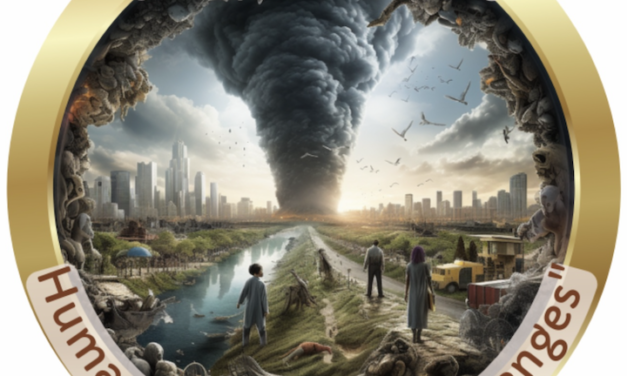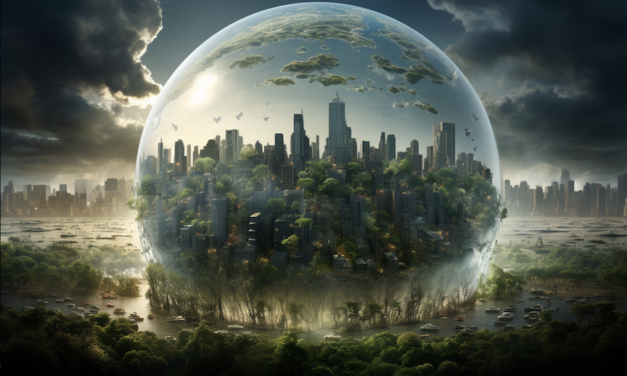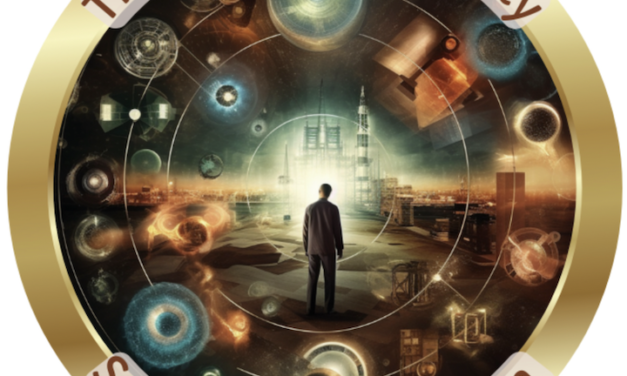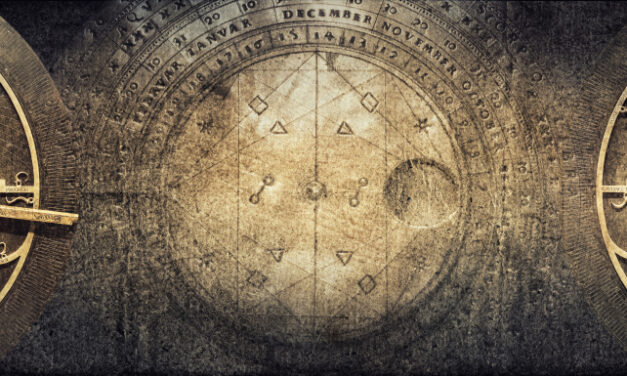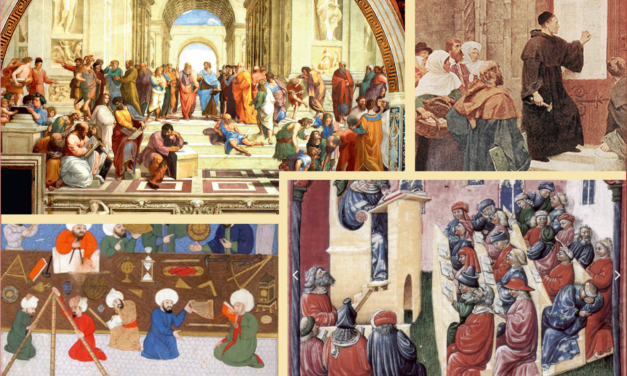Resources: The Anthropocene
Homo Sapiens has been hugely successful as a species. We may have evolved from other animals, but with the development of self-aware consciousness, we’ve transcended the limits of purely biological evolution. Through our unique abilities we’ve created the Anthropocene epoch on earth, full of amazing technological and artistic achievements. But in the process, we’ve brought about a crisis that threatens the planet with serious damage and our own species with extinction. Where can we find the wisdom to respond to this predicament?
Read More
